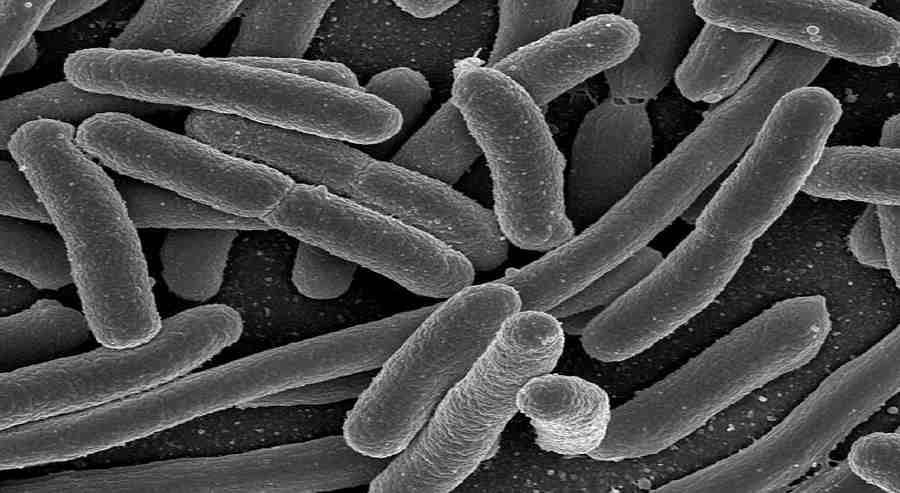
Gut bacteria may affect mental health
The microorganisms that inhabit our intestines may have an impact on mental health, according to a new study. It turns out that people who lack certain gut bacteria are more likely to experience depression. The research could lead to new treatments for mental disorders based on probiotics.
Not so long ago, the idea that microorganisms living in the human gut could affect mozg, was not in ogole considered. Currently, the links between the central nervous system and the billions of bacteria in the gut are the focus of scientific interest in theow. However, the mechanisms by which theorm microorganisms shape the rodifferent aspects of mozgu, such as memory and social behavior, and how theob may contribute to the conditionoin such as depression, are poorly understood.
Much of what we know so far is based on studies showing correlations between specific gut bacteria, their metabolites and neurological symptoms. Many studies use animal models thatore do not accurately reflect human characteristics or behavior. Human studies are often limited. They are usually based on a relatively small number of osob and may not control many of the factorsoin the plantocing – such as abnormal diets, antibiotics or antidepressants – ktowhich can affect the microflora.
Research by scientistsofrom the Catholic University of Lowan in Belgium published in the „Nature Microbiology” solve someore of these problemsow.
Jeroen Raes along with cooThe researchers used sequenced DNA from more than 1,000 individualsob enrolled in the Flemish Gut Flora Project. The data were used to analyze the fecal microflora of the study volunteersow. The team thenoł poreownn rowhich populations of microorganismsoIn those found in the intestines of participantsoin studies with their quality of life and incidence of depression. Data on the mental state of volunteersow were obtained from themselves and their doctors.
Analyses of the state of the microflora of Belgian volunteersoIn were then porownane with a group of 1,063 osob participating in the Dutch LifeLines DEEP project, whichorym poroThe m.In. Relationships between the microbiome and the genome. From such prepared data, the researchers generated a catalog of microorganismsoin whichore can interact with the human nervous system.
The researchers found that two groups of bacteria – Coprococcus i Dialister – were less common in waspsob, whichore reported depressive states. The same result was observed in a second group of volunteersoin the Netherlands. They also noted that microbes Faecalibacterium i Coprococcus were present in humans, whichoers claimed to enjoy a high quality of life.
These studies do not prove at all that gut microbes affect mental health. These are still correlations, not causes. It’s possible that the effect is the other way around, and a specific person’s mental health is affected by microbes thatore developing in its gut.
– We investigated whether gut bacteria in ogole are able to interact with the nervous system by analyzing their DNA. We have discovered that many of them can produce neurotransmitters or precursors for substances such as dopamine and serotonin – Raes said.
The gut microflora can produce or stimulate the production of neurotransmitterow and compoundsoin neuroactive substances, such as serotonin or dopamine. These compounds can modulate bacterial growth. ZaroBoth dopamine and serotonin have complex roles in mozg, and disruption of their rownowa researchers have long linked to depression.
The challenge now is to determine whether and how theyob products produced by microbes can interact with the human nervous system, and whether this alters a person’s behavior or increases the risk of disease onset.
If indeed low levels of specific bacteria are responsible for depressive conditions, this opens the way for the development of new probiotic therapies thatore would increase the population of desirable microbesow. However, it is first necessary to determine whether this is indeed the case. This will require culturing the microorganismsow in the lab to see what substances they produce, testing their effects on animals and treating them with properly selected probiotics. Only then could scientists consider similar studies on humans.


